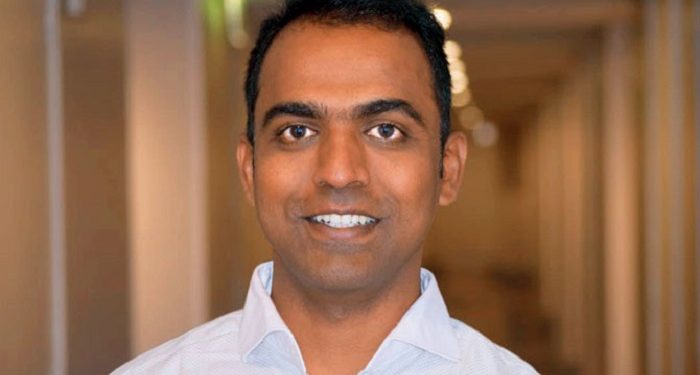Melvin Durai
I was happy to hear that Ranjitsinh Disale, a primary school teacher in Maharashtra, has been awarded the 2020 Global Teacher Prize. The prize, sponsored by the Varkey Foundation in partnership with UNESCO, comes with enough money to change a teacher’s life: Rs 7.4 crore ($1 million). With that kind of money, Disale can employ another teacher to do all his work, while he lounges under an umbrella on Baga Beach, Goa.
But Disale would never do that, because he’s dedicated to his profession and eager to help others, as shown by his generosity upon receiving the prize. In his winning speech, he pledged to share half the prize with his fellow finalists. The other nine finalists will each receive Rs 41 lakh ($55,000) each. This was the first time in the prize’s six-year history that the winner had made such a gesture, even without drinking any celebratory champagne.
Disale, 32, who teaches at Zilla Parishad Primary School in the village of Paritewadi, Solapur district, Maharashtra, deserves not just the Global Teacher Prize, but also the Global Generosity Prize. “If I share the prize money with the rest of the (finalist) teachers, they will get a chance to continue their work… and we can reach out and lighten the lives of as many students as we can,” he said. One of his students immediately sent him an email: “Sir, if you want to lighten our lives, please lighten our homework.”
Actually, his students probably appreciate all the work he puts in to ensure that they learn at their own pace and don’t struggle. He has not only translated textbooks into their mother tongues, he has put unique QR codes in the books that allow students to access audio poems, video lectures, stories and assignments using cellphones. Most importantly, he has adjusted the content to reflect each student’s abilities. Disale is indeed a special teacher. I hope his parents are proud of him and have no regrets that their son didn’t go into medicine, engineering or any of the countless other professions considered more prestigious than teaching. His father, Mahadev, might be having some interesting conversations with his friends.
Mahadev: “Do you remember when you said that your son was more ambitious than my son?”
Friend: “Yes, because my son wanted to become a doctor. Yours just wanted to become a teacher.”
Mahadev: “Mine just won the Global Teacher Prize. What did yours win?”
Friend: “My son hasn’t won any prizes, but he is doing very well. He has a lot of patients.” Mahadev: “My son is doing well too. He has a lot of patience.”
Friend: “My son treats cancer. Does your son do any treating?”
Mahadev: “Yes, my son treats illiteracy.” If dedicated doctors never win any prizes, it doesn’t bother me, partly because they are generally paid handsomely, and also receive a lot of respect and gratitude. Teachers do receive gratitude and respect, but if a doctor’s pay is handsome, a teacher’s pay refuses to look in the mirror.
The Varkey Foundation deserves credit for creating the Global Teacher Prize and recognising the importance of education in lifting people out of poverty, as well as the unsung heroes that work tirelessly in classrooms. Every school has a few teachers that deserve a “Teacher of Year Award,” but few schools have programmes to recognise these outstanding teachers. They don’t even get the day off on World Teachers’ Day.
Even a few cakes to share with their students would be nice. If local bakeries are willing to provide these cakes for free, we’ll name the awards after them, such as the “Bhubaneswar Bakery Best Teacher Award.” Hopefully the bakers in Solapur district, Maharashtra, have sent a few goodies to the Global Teacher of the Year.






































